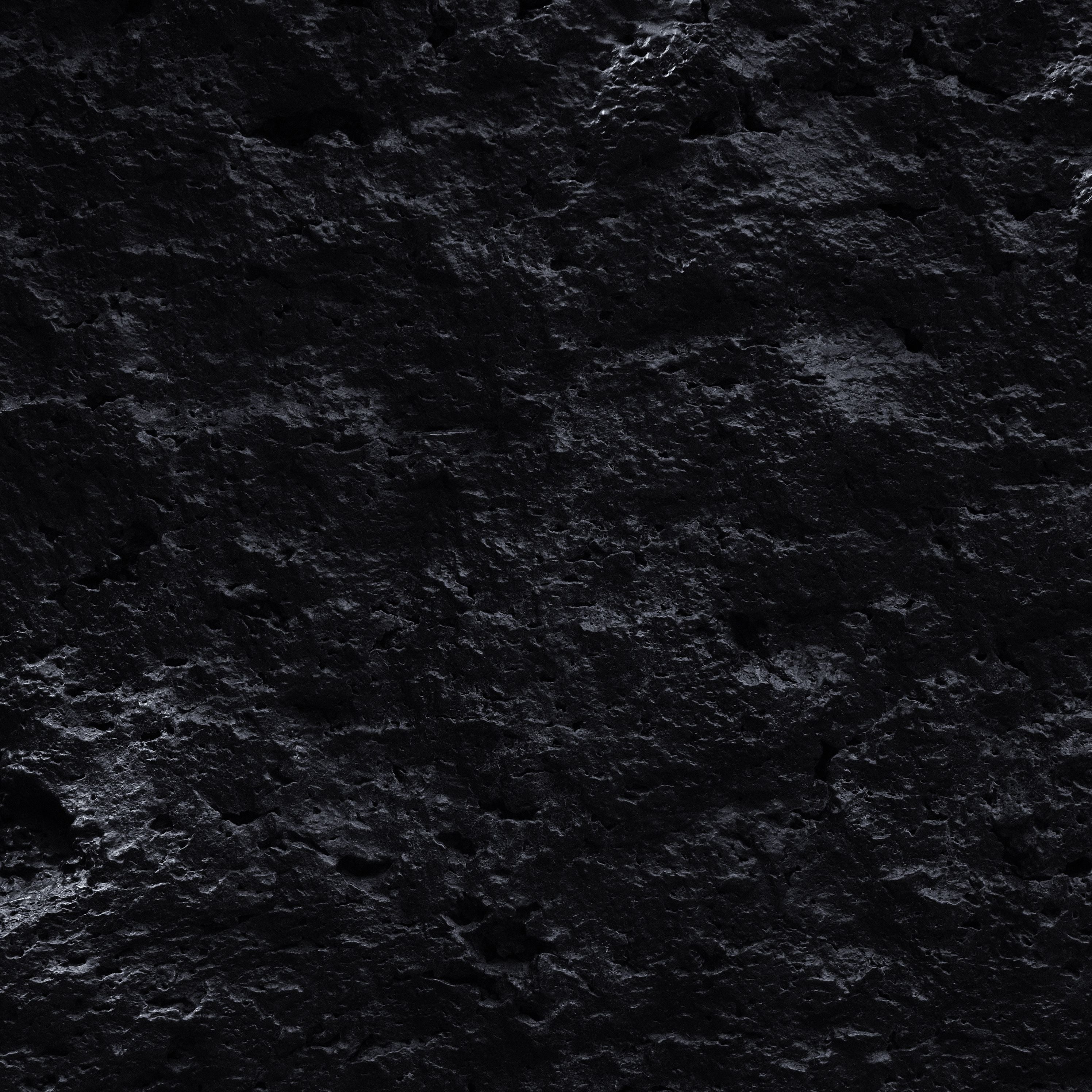Black Listed: How Plastic Suddenly Got On The Naughty List

So, why has plastic suddenly been black-listed, and how is this shaping our future?
WE USE TOO MUCH OF IT:
Even though we’ve only had 60 odd years with the stuff (a mere blimp in the earth’s timeline), plastic consumption has become overwhelming. We use it for everything; it’s as if we’re all plastic addicts.
Its estimated Kiwis use 1.29 billion plastic bags a year. Not to mention the rest of our plastic dependability. Our food comes wrapped up in it, our clothes are packaged in it, and home appliances are covered in it. Plastic straws, cups, plates, and anything disposable to assist our busy lifestyles, have been massively growing in popularity too.

But it seems that now the tides have changed. Plastic is totally on the naughty list.
We used to awkwardly hand our reusable bags over the counter when grocery shopping. But these days, if you’re seen asking for a plastic bag in store, the cashier and shoppers around you will throw a wee judgemental glare. And hey, CaliWoods reusable straws are now welcomed, not laughed at!
We’re becoming clued up on how to look after this beautiful planet.
OUT OF SIGHT IS NOT OUT OF MIND- and it’s not even out of sight!
Along with the forward-thinking realisation that our planet can’t cope with the current rate of plastic production, the ‘out of sight, out of mind’ solution to the plastic problem has been made redundant by the vivid pollution of pristine environments.
Picture the great pacific garbage patch. It is twice the size of Texas, weighs 7 million tonnes, and is up to 9 feet deep. In this space, it’s estimated there is 6 times more plastic thanks plankton (the main food source for most ocean animals). The great garbage patch isn’t a case in isolation. There’s more garbage patches growing by the second. Scientists predict that if we continue producing plastic at the rate we are, there will be more plastic in the sea than fish, by 2050. That’s in just 32 years!

Image by ABC News
HEALTH IMPACTS
Plastic has made its way into our food chain, likely irreversibly so. Micro plastics have been found in the fish that we eat, interfering with the health of the fish, and perhaps our own health too. We aren’t totally sure what it means for our human health in the long run, but we know it’s definitely not ideal for marine life. Sea birds and other marine species are dying from ingesting the stuff.

PLASTIC IS FOREVER
We’ll say it again: Plastic is forever. It never breaks down; it only breaks up. If we don’t change our consumption habits and demand for plastic products now, we’ll be facing even greater consequences for the rest of time.
Humans are funny. What we do on a daily basis, sometimes doesn’t make rational sense; though we do it without thinking.
Regularly, sometimes multiple times a day, we use a product (cough, disposable coffee cups, cough) for only two minutes, that took several resources and hours to create, and will take thousands of years to break down, if not, eternity.
Huh? Sorry, what?!
It goes against common sense to use something for two minutes, that’s then on the face of the earth forever. Surely we’re smarter than that?

There’s no doubt plastic has played a key role in convenience and making our lives easier. Plastic packaging can be the hero behind food waste and storage, but the excessive production and overuse, has meant we’ve got too much of a good thing.
NEW ZEALAND: LET’S DO THIS
Looking forward, New Zealand is uniquely placed to be a world leader. We’re moving away from a linear system where we take and throw away, and instead, into a circular one where every material in use is considered a resource; and valued as one.
While this is a complex issue, change truly can be driven by individuals. It’s the appetite of the public that drives governmental and business change.
So, keep doing your eco-thing! Share information to help the movement grow, let your actions speak louder than words, and don’t waste your time thinking you’re just one person.

Let's make our planet cleaner and more beautiful than the one we are currently on track to passing down.
Related Posts:
- Tags: Advanced Eco Tips
1 comment


Thanks Shay! Informative and well written :)